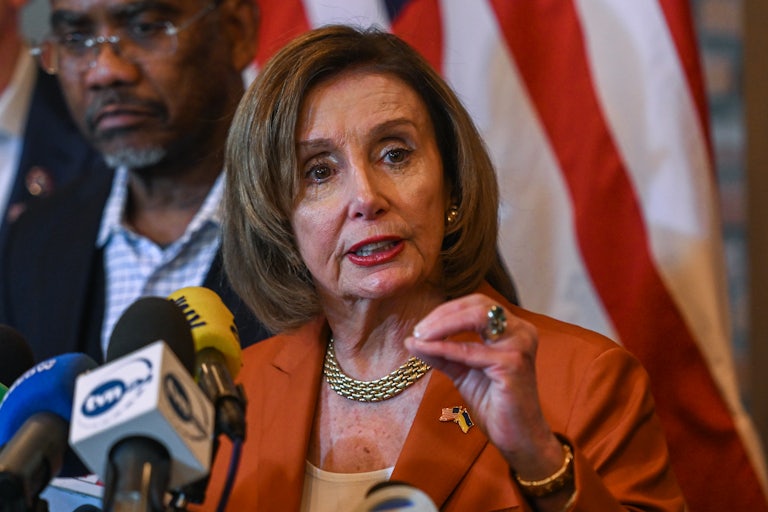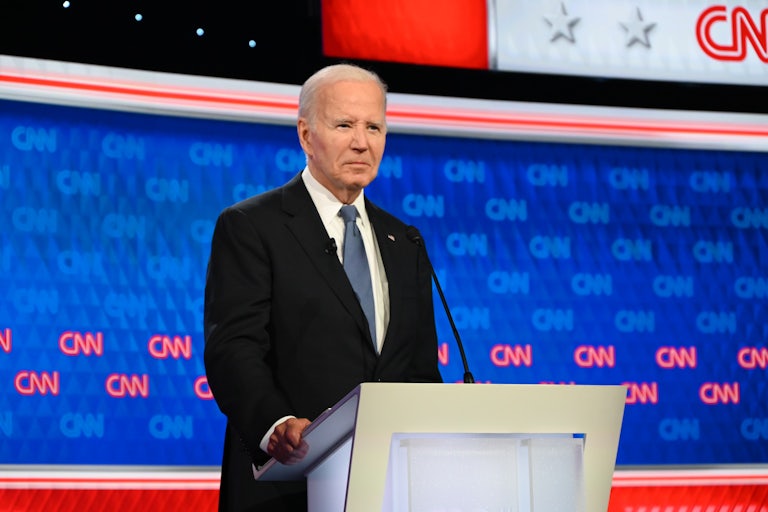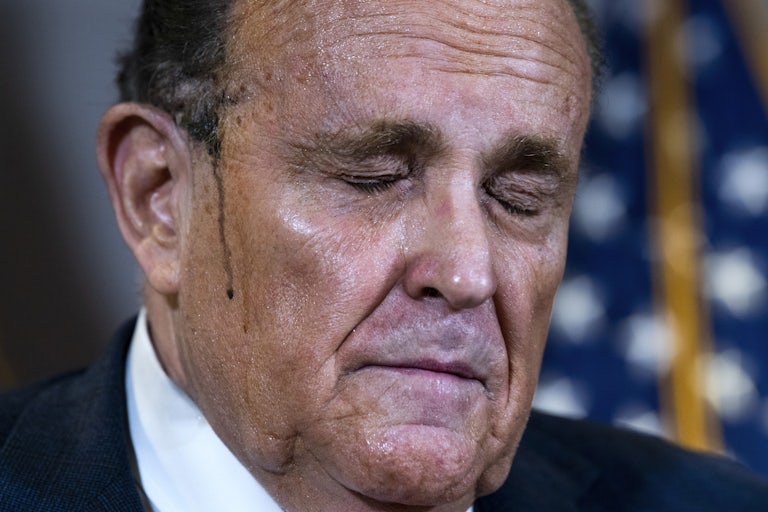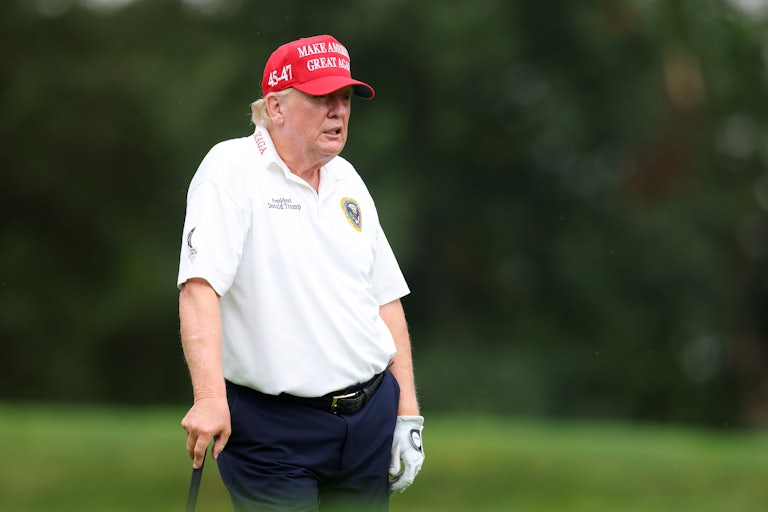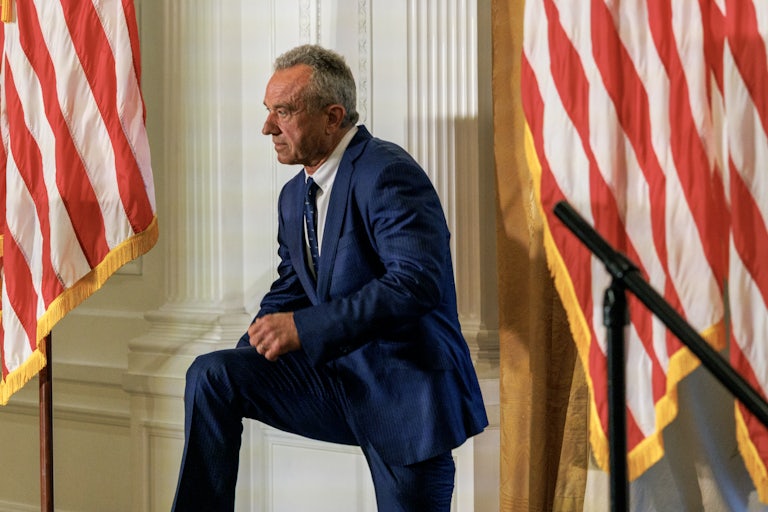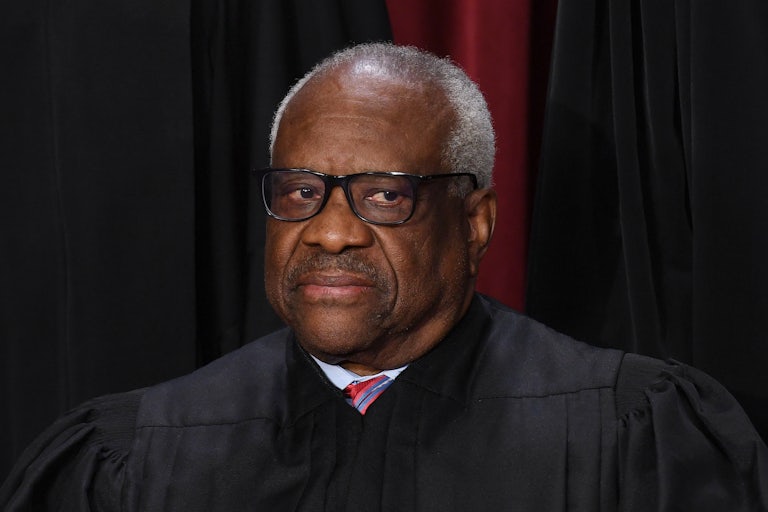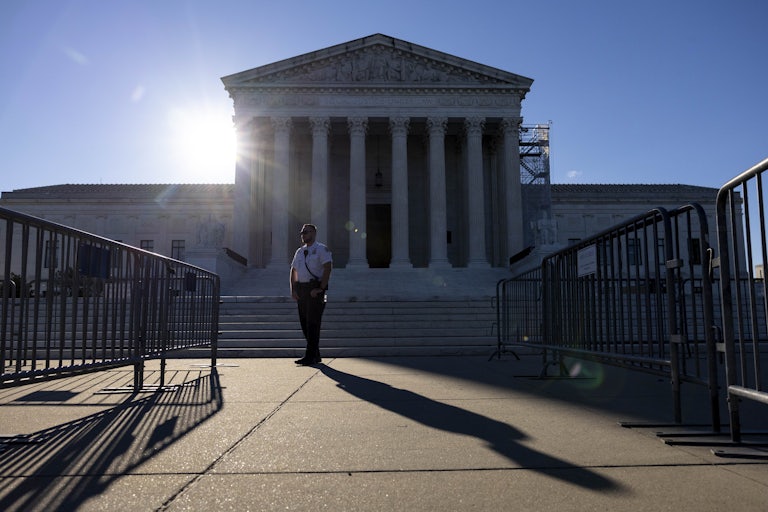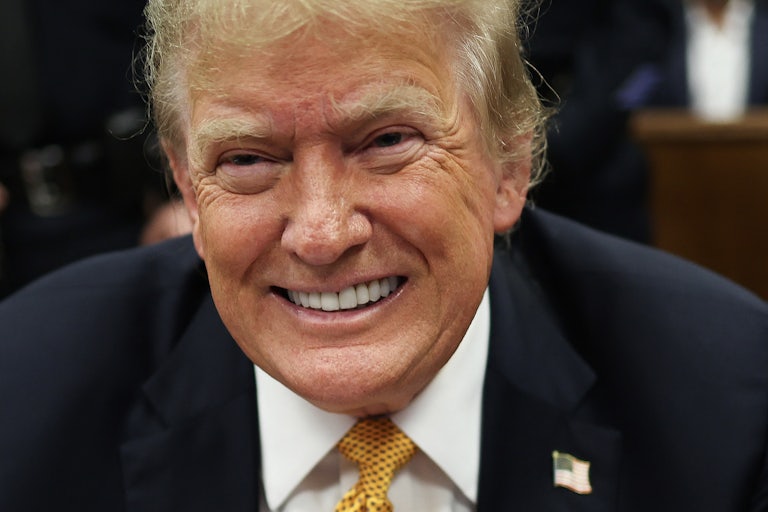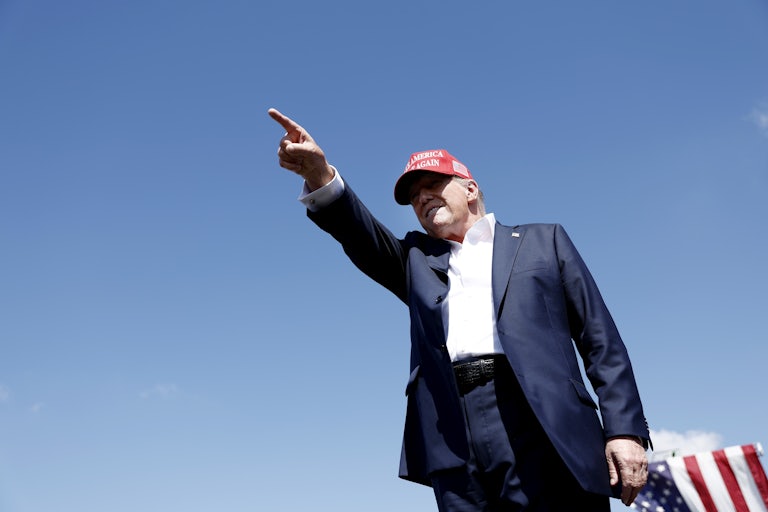Trump Hush-Money Judge Ominously Warns a Sentence May Never Come
The Supreme Court ruling on presidential immunity has delayed another one of Donald Trump’s lawsuits.
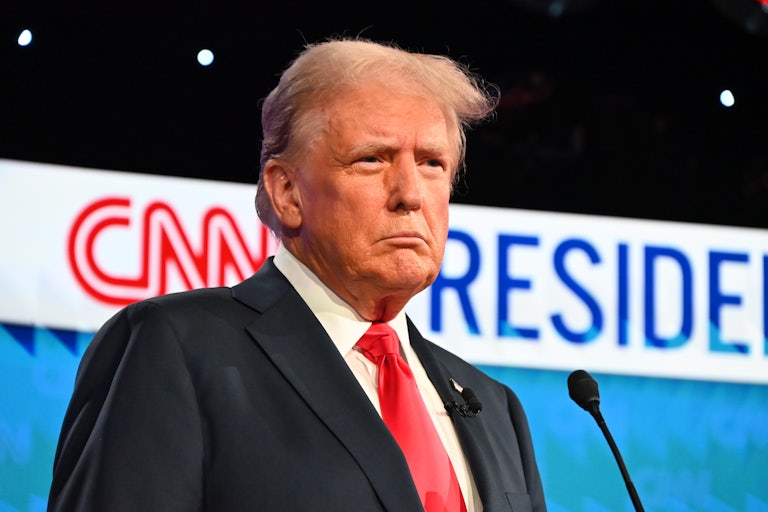
The judge in Donald Trump’s hush-money case on Tuesday postponed his sentencing until September 18, in the wake of the Supreme Court’s decision to grant sweeping immunity to the former president.
“The Court’s decision will be rendered off calendar on September 6, 2024, and the matter is adjourned to September 18, 2024 at 10:00 AM for the imposition of sentence, if such is still necessary, or other proceedings,” New York State Supreme Court Justice Juan Merchan wrote in a letter.
It seems that Merchan is no longer certain that Trump’s sentencing for his 34 felony count conviction will ever come to pass. The sentencing hearing was originally scheduled for July 11, just days before the Republican National Convention.
On Monday, Trump’s lawyers submitted a pre-motion letter requesting that the former president’s guilty verdict be set aside and his sentencing delayed, just hours after the ruling in Trump v. United States, which determined that Trump could not face legal action over his official conduct as president.
Although many of the actions entered into evidence in Trump’s hush-money trial took place before he won the White House, his legal team said that some of his communications with fixer Michael Cohen would have been thrown out or redacted under the new rule. Merchan had previously rejected a similar motion in April, calling it “untimely.”
Trump was convicted of falsifying business records to conceal hush-money payments Cohen had made to keep adult film actress Stormy Daniels quiet about an affair she’d had with Trump ahead of the 2016 presidential elections. Trump’s legal team hoped Monday to brief Merchan on the impact of the Supreme Court’s decision on his guilty verdict.
The next day, prosecutors for the case wrote that they did not oppose delaying the sentence.
“Although we believe defendant’s arguments to be without merit, we do not oppose his request for leave to file and his putative request to adjourn sentencing pending determination of his motion,” prosecutors wrote in a letter to Merchan.
It’s still unclear whether the results of the immunity decision will result in Trump’s trial being thrown out. Now Trump’s lawyers will have more than two months to prove that Merchan was wrong to reject their first motion on the grounds that it was untimely, that the evidence on which Trump was convicted constituted official acts as president, and that the prosecutors were wrong to use that evidence to convict him.
This story has been updated.
